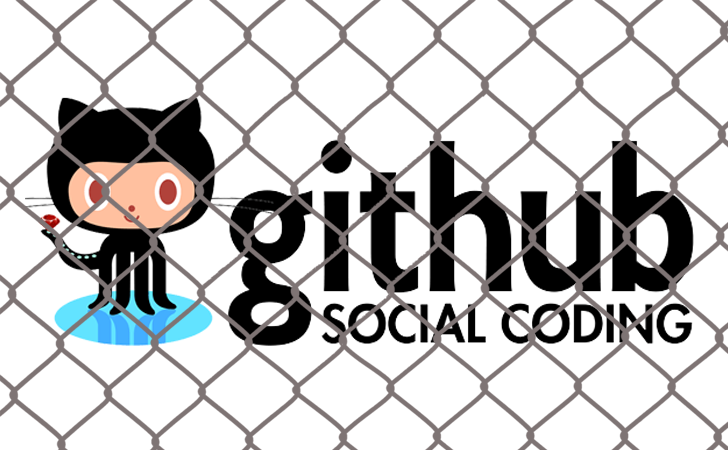Github declared inappropriate for hosting GNU projects due to collaboration with Roskomnadzor

The Free Software Foundation (FSF) and the GNU project have published the results of testing four services for hosting code for compliance with the GNU ethical principles - first and foremost, respect for confidentiality and freedom of information.
Savannah , Gitlab , Github and Sourceforge services were checked.
')
As a result, each service received one of the following ratings :
F - unacceptable for hosting.
C - meets all the basic criteria, acceptable for hosting.
B - recommended hosting. Matches all criteria and uses only free software on the client side, does not track users, including through advertising, does not encourage the use of non-free licenses.
A - excellent hosting. All of the above, it works fine with JavaScript turned off, uses only free software on the client side and the server side, encourages the use of GPL 3+ licenses, uses the correct term “free software” instead of “open software”, clearly endorses the ideas of the free software movement, avoids using the term Linux without the GNU prefix when it comes to GNU / Linux.
A + - extremely excellent hosting. All of the above, plus permission to download files without authorization, no logs on visitors, compliance with the recommendations of the Electronic Frontier Foundation for online services, compliance with the WCAG 2.0 standard , all data collected on the server are exported in a machine-readable format.
According to the results of the test, the A rating was received only by Savannah hosting. Gitlab hosting was considered minimally acceptable with a C rating, but Github and Sourceforge were awarded the shameful F rating.
In particular, Github falls short of a higher C rating for two reasons:
- Important site functionality does not work with javascript disabled.
- Specific information may not be available for all countries, as indicated in the Roskomnadzor and Export Restrictions sections.
For 2014-2016, Github received five notifications from Roskomnadzor demanding the removal of content about the methods of suicide and the rules for visiting the Crimea. Github admits that it voluntarily blocks:
“From time to time, Github receives requests from the Federal Service for the Supervision of Communications, Information Technologies and Mass Communications (Roskomnadzor) for certain censorship, which is illegal in the Russian Federation. Although we do not always agree with this, but in order to ensure that our many Russian users will continue to have access to Github and to their collaboration, as well as develop software, we may need to block certain content if we receive requests from Roskomnadzor. Whenever we do this, we will post an official request that led to the blocking in our repository.
We are concerned about such Internet censorship and will make such state requests publicly transparent. ”
Such a policy raises doubts about the reliability of the observance of the ethical principles of GNU, although the pragmatic position of Github can, of course, be understood. Roskomnadzor has repeatedly made Github in the registry of banned sites for the promotion of suicide of children.
Source: https://habr.com/ru/post/357654/
All Articles